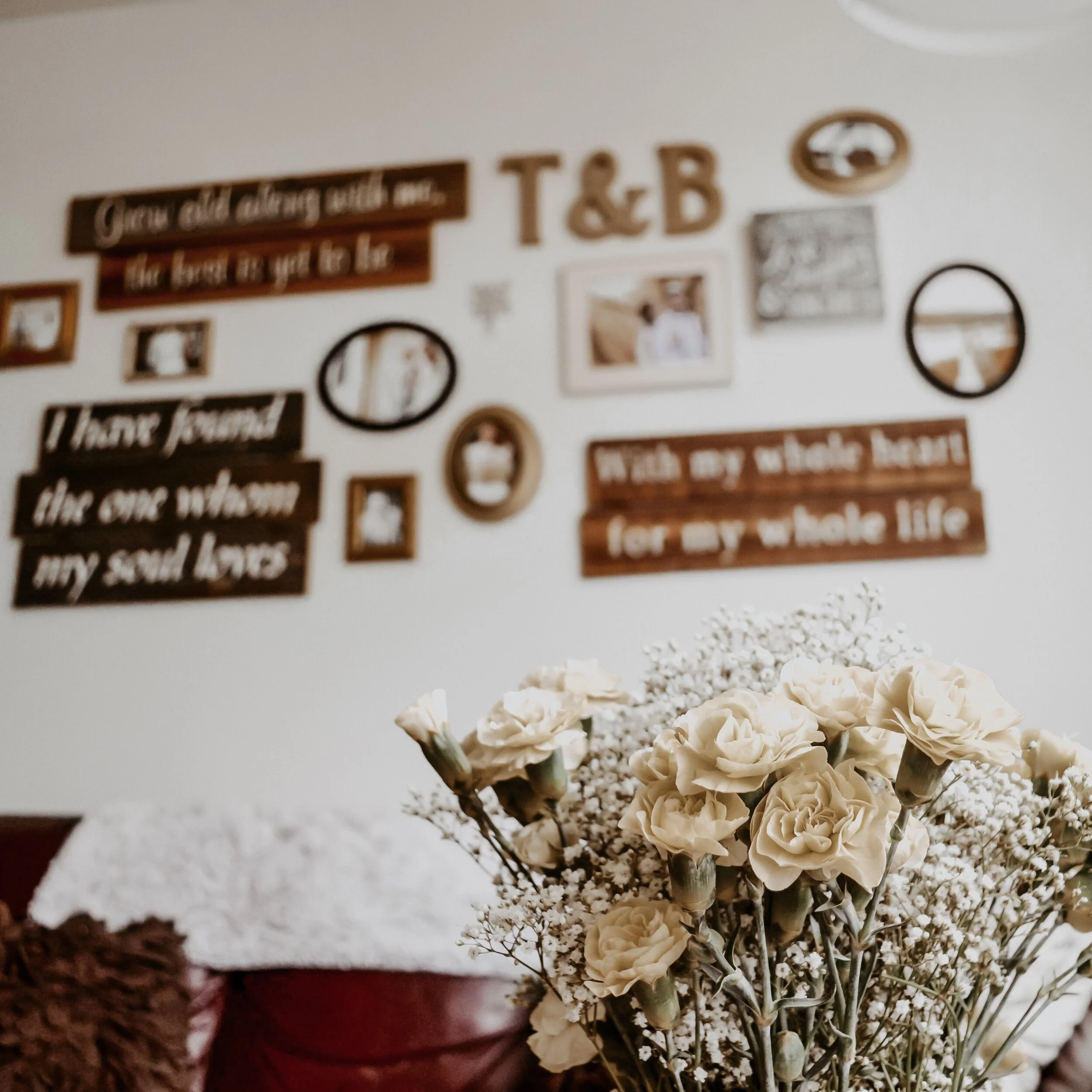Season 2 Episode 5 Show Notes: 15 Ways to Live More Sustainably
/Did you know if the global population reaches 9.6 billion by 2050, the equivalent of almost THREE planets will be required to sustain current lifestyles? Wow! But there ARE small things we can do as consumers to help, including reducing our waste, being thoughtful about what we buy, and choosing a sustainable option whenever possible. Listen to the full episode for specific ideas that are easy and cost-effective to implement!
A Few Facts & Figures
The UN has outlined statistics, some of which are listed below, that help us understand why living more sustainably is so important. And living more sustainably is not only good for the environment, but also for our wallets! Oftentimes, making sustainable choices saves us money in the long-run.
Less than 3% of the world’s water is drinkable, of which 2.5% is frozen in Antarctica, Arctic and glaciers. So humanity must rely on 0.5% for all of man’s ecosystems and fresh water needs.
Unfortunately, humankind is polluting water in rivers and lakes faster than nature can recycle and purify.
Additionally, more than 1 billion people still do not have access to fresh water, and excessive use of water contributes to the global water stress.
Households consume 29% of global energy and consequently contribute to 21% of resultant carbon dioxide emissions.
Global emissions of carbon dioxide (CO2) have increased by almost 50% since 1990
Each year, an estimated 1/3 of all food produced – equivalent to 1.3 billion tons, worth around $1 trillion – ends up rotting in the trash cans of consumers and retailers, or spoiling due to poor transportation and harvesting practices.
9 out of 10 urban residents breathe polluted air
Climate-related and geophysical disasters claimed an estimated 1.3 million lives between 1998 and 2017
To limit global warming to 1.5 degrees celsius, global carbon emissions need to fall to 55% of 2010 levels by 2030, and continue a steep decline to zero net emissions by 2050
How to Get Started Living More Sustainably Now
From nixing one-use plates and paper towels to joining your local food co-op to composting, listen to the full episode for 15 ways you can start living more sustainably NOW. And check out the below list of products and resources that can help you get started on this journey.
Reusable Water Bottle — I got this one for Christmas and I LOVE it!
Garment rack for line-drying clothes
Have any other ideas or thoughts to add? I would love to hear them! Drop ‘em in the comments below.
Join me on this Capsule Life journey!
Subscribe to the Capsule Life podcast on iTunes
Like what you hear? I’d love it if you left a review! It helps me out more than you know!
This Capsule Life Community
This Capsule Life on Instagram
This Capsule Life on Pinterest














